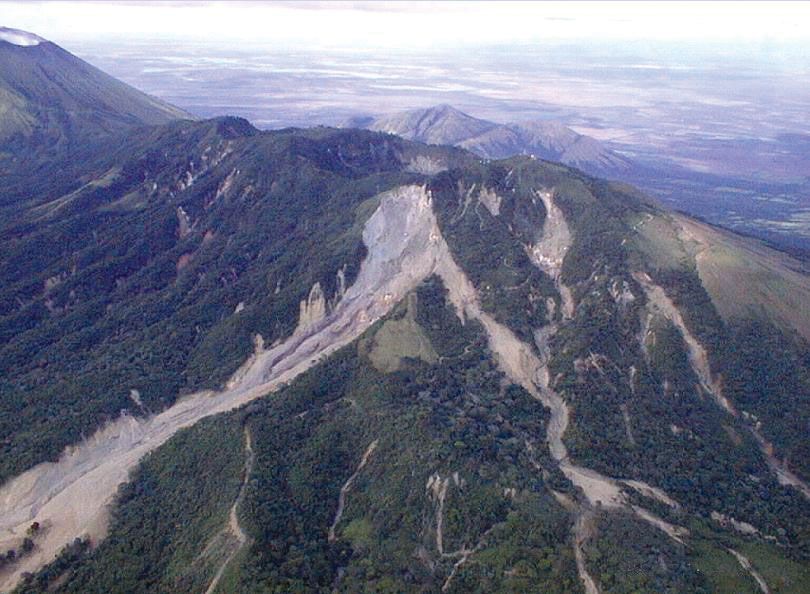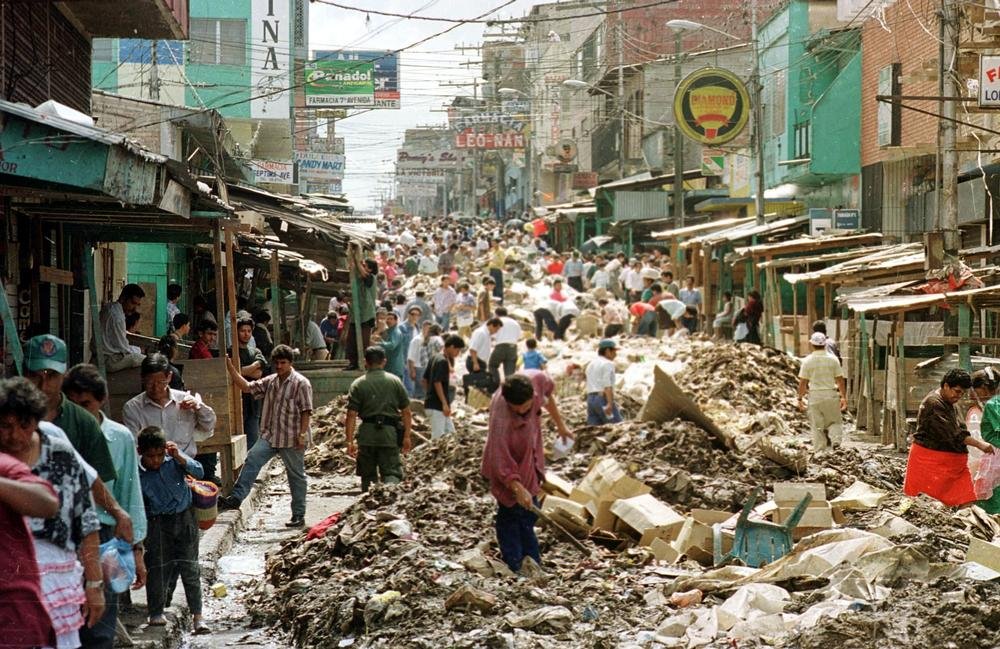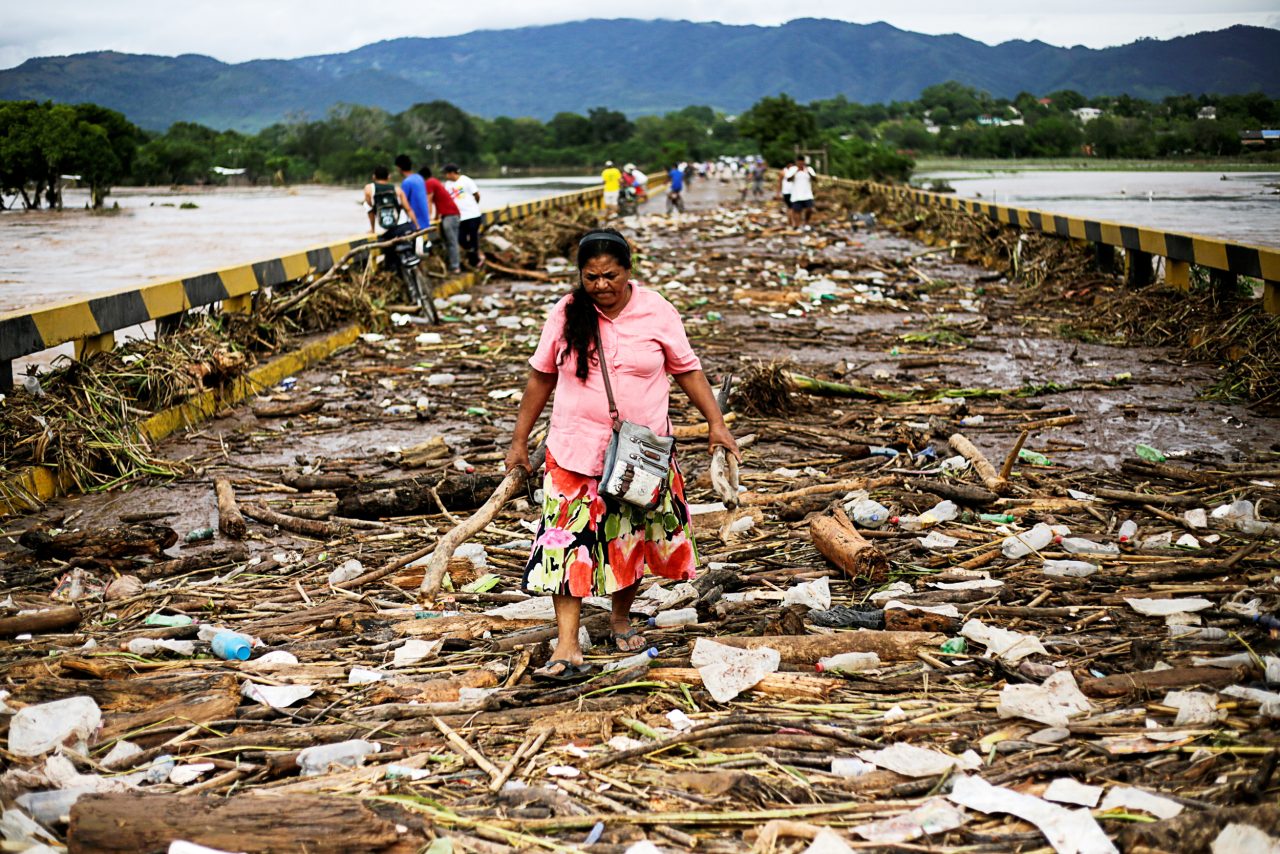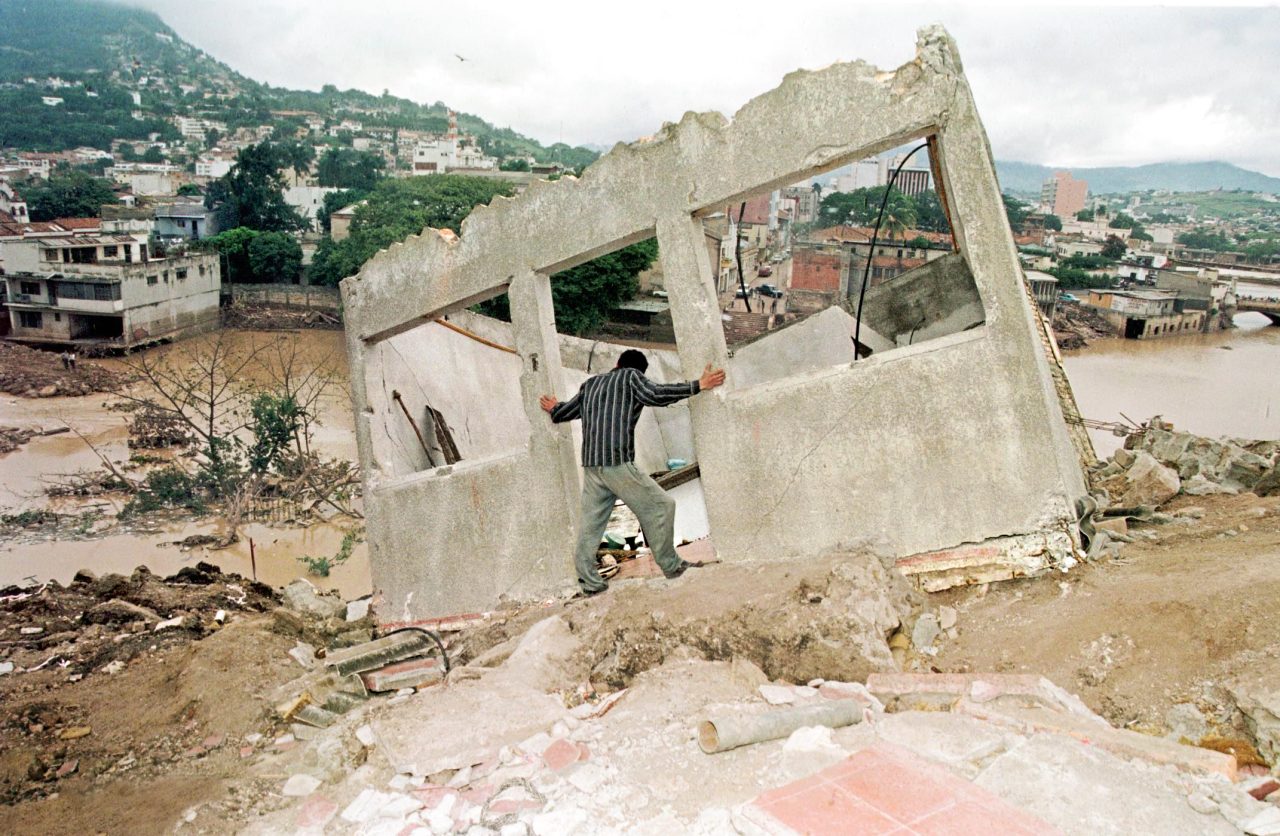Rome, 16 Feb. 1999 – Hurricane Mitch, which struck central America in late October and early November 1998, hit hardest at the poorest peoples, including indigenous groups. The hurricane killed an estimated 9,000 people in Honduras, Nicaragua, Guatemala and El Salvador, and affected around 2. 5 million people in all. Over half a million homes were affected and upwards of a million people were left homeless. It was probably the worst natural disaster in the region’s modern history.

Swirling and deadly rivers washed away crops and livestock or left the fields covered in up to a metre of silt and sand in some places. Water supplies were devastated; roads, electrical lines and bridges simply disappeared – 531 bridges were destroyed. Deforestation and the cultivation of marginal lands aggravated the flooding. In Honduras, the country most seriously affected, hardly a town or village was unaffected by the damage. Hundreds of thousands of people were left without work and any means of income.
The hurricane struck at a particularly bad time for farmers. Crops such as coffee, maize and beans were due to be harvested within weeks of the damage. Not only did farmers lose much of their 1998 harvest, many of them also lost the means – such as farm tools and inputs – to produce a harvest this year.

The effort of the international community has now turned from emergency relief to rehabilitation – to get things back to normal again as soon as possible. The International Fund for Agricultural Development (IFAD), a United Nations agency based in Rome, is already supporting projects in the western region and central-eastern region of Honduras. IFAD – which funds development projects that help the rural poor – has now approved plans to loan USD 18 million to a rural development project in the country’s badly affected south west region.

“Following Hurricane Mitch, we had to reorientate our strategy”, said Anibal Monares, an IFAD economist; “the Fund’s assistance is normally long-term, but we could not say no to meeting immediate needs. So we are working at the frontier between emergency relief and development”.

“Our role was to cooperate with central American governments to try to meet the urgent requests that people were making”, said Raquel Peña-Montenegro, director of IFAD’s Latin America and Caribbean division. The key requests from the affected areas were for seed, especially bean seed, to allow people to plant and look forward to a harvest; for tools, which many people had lost, and for the restoration of rural roads and bridges. “The restoration of rural infrastructure was vital to allow people to reconnect to the nearest town”, said Ms. Peña-Montenego.
The project in the south west region of Honduras will help to rehabilitate feeder roads, water supply and other key infrastructure. Two IFAD-funded projects in Nicaragua are participating in rehabilitation programmes, and the Fund is assisting work in Guatemala and El Salvador. IFAD is working with sister UN agencies in the rehabilitation effort.

A report: “IFAD’s Response to the Consequences of Hurricane Mitch in Central America” will be available at the 22nd session of IFAD’s Governing Council which meets this week on Wednesday and Thursday, 17th and 18th.
Source: https://reliefweb.int/








